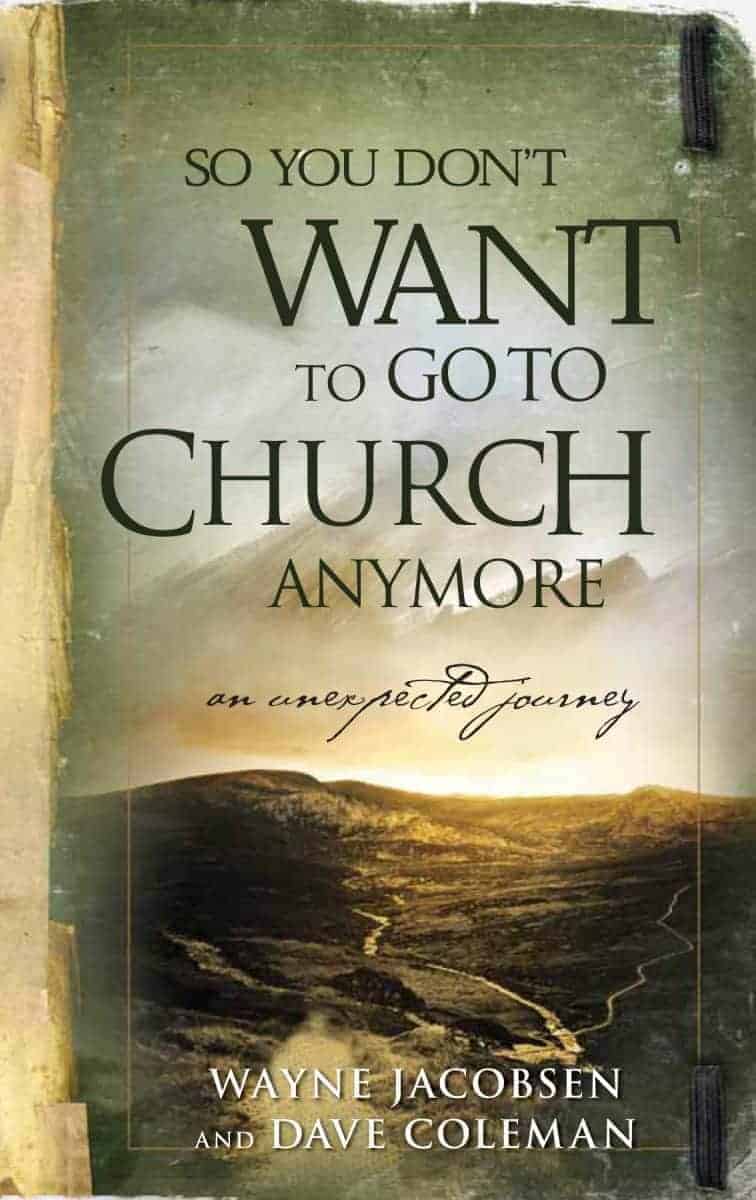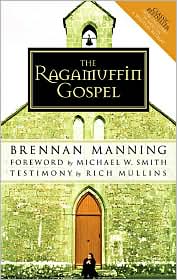Post Traumatic Church Disorder - Part One
Thursday, April 12, 2007
OVERVIEW
Most people have heard of Post Traumatic STRESS Disorder (PTSD), but I’d like to introduce you to, what I like to call, Post Traumatic CHURCH Disorder (PTCD).
Much like PTSD, Post Traumatic Church Disorder is usually a result of a single stressful event or can occur after a long period of ongoing stress similar to "bullying." PTCD occurs in churches, usually by church leadership, influential members, denominational leaders, etc.
The pain and the abuse of PTCD can be incredible resulting in deep spiritual wounds. Much like PTSD, Post Traumatic Church Disorder is a natural emotional reaction to a deeply shocking and disturbing experience. It is a normal reaction to an abnormal (non-Godly) situation that usually results in sufferers stepping out of their roles and / or involvement in the church.
SYMPTOMS
irritability
sudden anger / outbursts (or suppressed anger)
reactive depression
guilt
shame
sadness
feelings of detachment
avoidance behaviors
nervousness, anxiety
loss of interest
loss of ambition / motivation
loss of spiritual vision
poor concentration
impaired memory
confusion
emotional numbness
low self-esteem
fear
lack of trust
intimidation
feelings of oppression
impaired spiritual hearing
detachment from spiritual gifts
detachment from institutional church
EFFECTS / RESULTS
Although some people suffering from Post Traumatic Church Disorder (PTCD) turn their back on God and walk away from their faith completely, I believe this is rare. Most continue to have a loving relationship with God as the foundation of their life. Many even experience spiritual growth and increased faith by recognizing that God would not mistreat them like they were mistreated by the church.
On the other hand, PTCD causes many sufferers to stay away from "the church" that hurt them while seeking Godly relationships outside the walls of the church. While some find a few significant relationships, often their journey leads to a secluded life that only feeds the already debilitating symptoms of PTCD.
In his book Houses That Change The World, Wolfgang Simson refers to the effects of what he calls “church trauma” stating that many who had ministry callings leave their positions of church leadership to go into business or the medical field.
Most people have heard of Post Traumatic STRESS Disorder (PTSD), but I’d like to introduce you to, what I like to call, Post Traumatic CHURCH Disorder (PTCD).
Much like PTSD, Post Traumatic Church Disorder is usually a result of a single stressful event or can occur after a long period of ongoing stress similar to "bullying." PTCD occurs in churches, usually by church leadership, influential members, denominational leaders, etc.
The pain and the abuse of PTCD can be incredible resulting in deep spiritual wounds. Much like PTSD, Post Traumatic Church Disorder is a natural emotional reaction to a deeply shocking and disturbing experience. It is a normal reaction to an abnormal (non-Godly) situation that usually results in sufferers stepping out of their roles and / or involvement in the church.
SYMPTOMS
irritability
sudden anger / outbursts (or suppressed anger)
reactive depression
guilt
shame
sadness
feelings of detachment
avoidance behaviors
nervousness, anxiety
loss of interest
loss of ambition / motivation
loss of spiritual vision
poor concentration
impaired memory
confusion
emotional numbness
low self-esteem
fear
lack of trust
intimidation
feelings of oppression
impaired spiritual hearing
detachment from spiritual gifts
detachment from institutional church
EFFECTS / RESULTS
Although some people suffering from Post Traumatic Church Disorder (PTCD) turn their back on God and walk away from their faith completely, I believe this is rare. Most continue to have a loving relationship with God as the foundation of their life. Many even experience spiritual growth and increased faith by recognizing that God would not mistreat them like they were mistreated by the church.
On the other hand, PTCD causes many sufferers to stay away from "the church" that hurt them while seeking Godly relationships outside the walls of the church. While some find a few significant relationships, often their journey leads to a secluded life that only feeds the already debilitating symptoms of PTCD.
In his book Houses That Change The World, Wolfgang Simson refers to the effects of what he calls “church trauma” stating that many who had ministry callings leave their positions of church leadership to go into business or the medical field.
“Church trauma” – a very deep and tricky wound inflicted on (people) by the very institution of healing, the church, which did not live up to its own calling and which – an almost devilish scheme – has badly hurt those whose (gifts and) ministries it needed most.©2007 PEEJOE
The tragedy of this is that the church is God’s mission. Someone needs to find (these people), go to them, apologize to them profoundly, heal the “church trauma”, speak to that glowing spark and fan it into a flame, and then recruit them, helping them to see how God sees them and release them into their (spiritual) potential for the building up of the church. [p. 125]



